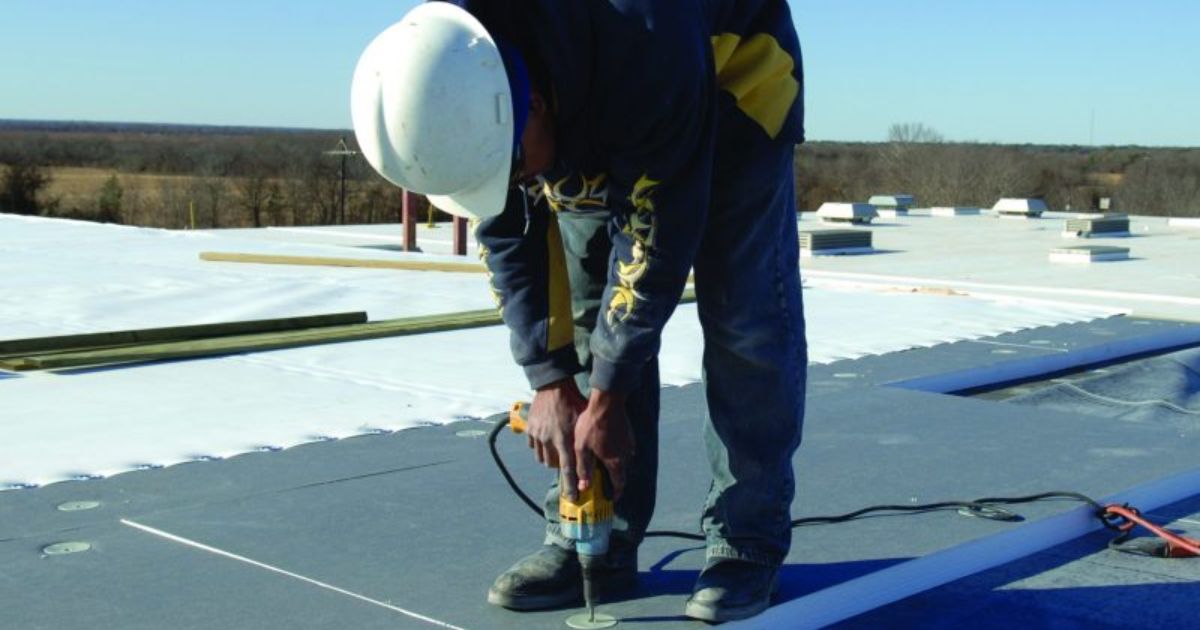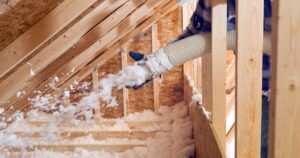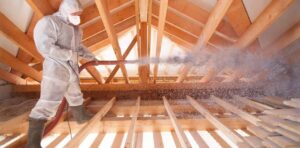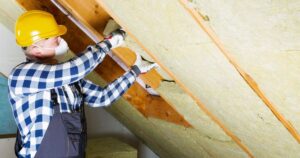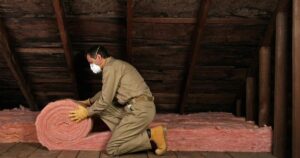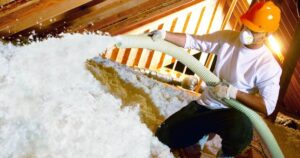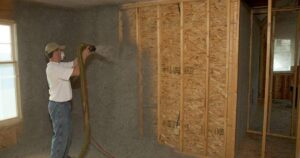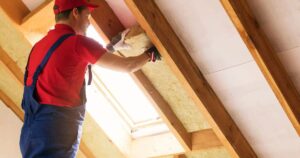When it comes to insulating your home, the attic is often one of the first places to consider. Proper insulation not only helps maintain a comfortable indoor temperature but also plays a crucial role in energy efficiency. One popular insulation option for attics is rigid foam insulation.
In this article, we will explore the benefits and drawbacks of using rigid foam insulation in your attic and help you make an informed decision.
Rigid foam insulation is a type of thermal insulating material known for its durability and excellent insulating properties. It is available in different types, including expanded polystyrene (EPS), extruded polystyrene (XPS), and polyisocyanurate.
Understanding Rigid Foam Insulation
These materials offer various R-values, which indicate their thermal resistance. The choice of the right type and thickness of rigid foam insulation depends on your specific needs and your attic’s design.
The Advantages of Rigid Foam Insulation
- High R-Value: Rigid foam insulation boasts a high R-value per inch, making it an excellent choice for attics where space may be limited. It provides effective thermal resistance, helping to keep your home warm in the winter and cool in the summer.
- Moisture Resistance: Unlike some other insulation materials, rigid foam insulation is resistant to moisture and does not absorb water. This quality can help prevent mold and mildew growth in your attic, ensuring a healthier living environment.
- Durability: Rigid foam insulation is known for its longevity. Once installed properly, it can last for decades without losing its insulating properties.
- Easy Installation: Installing rigid foam insulation in your attic is a relatively straightforward process. It can be glued, nailed, or fastened to the attic’s surfaces, creating a tight seal.
- Improved Energy Efficiency: Using rigid foam insulation can significantly reduce your energy bills by minimizing heat loss in the winter and heat gain in the summer. This leads to a more energy-efficient home.
Considerations Before Using Rigid Foam Insulation
- Cost: Rigid foam insulation can be more expensive than other insulation materials. However, its long-term benefits often outweigh the initial investment.
- DIY vs. Professional Installation: While some homeowners choose to install rigid foam insulation themselves, it’s essential to ensure it’s done correctly. Improper installation can lead to gaps or voids in the insulation, reducing its effectiveness.
- Local Building Codes: Check with your local building codes and regulations. Some areas may have specific requirements or restrictions on the use of rigid foam insulation in attics.
- Ventilation: Proper attic ventilation is essential, even when using rigid foam insulation. Adequate ventilation helps prevent moisture buildup and ensures the longevity of your roof and attic structure.
FAQ’s
Is Rigid Foam Insulation Suitable for My Attic?
Rigid foam insulation can be an excellent choice for your attic, providing high R-value and moisture resistance. However, it’s essential to consider your budget and local building codes.
Can I Install Rigid Foam Insulation Myself?
Yes, you can install rigid foam insulation yourself, but proper installation is crucial. It’s recommended to follow manufacturer guidelines and best practices or consult a professional.
How Does Rigid Foam Insulation Impact Energy Efficiency?
Rigid foam insulation improves energy efficiency by reducing heat loss in winter and heat gain in summer, leading to lower energy bills and a more comfortable home.
Conclusion
In conclusion, using rigid foam insulation in your attic can be a smart choice, provided that it aligns with your budget and the specific needs of your home. It offers excellent thermal resistance, moisture resistance, and durability, contributing to improved energy efficiency and comfort.
Proper installation is crucial, and compliance with local building codes and ventilation requirements should not be overlooked. Before making a decision, consult with a professional insulation contractor who can assess your attic’s unique conditions and recommend the best insulation solution for your home.

